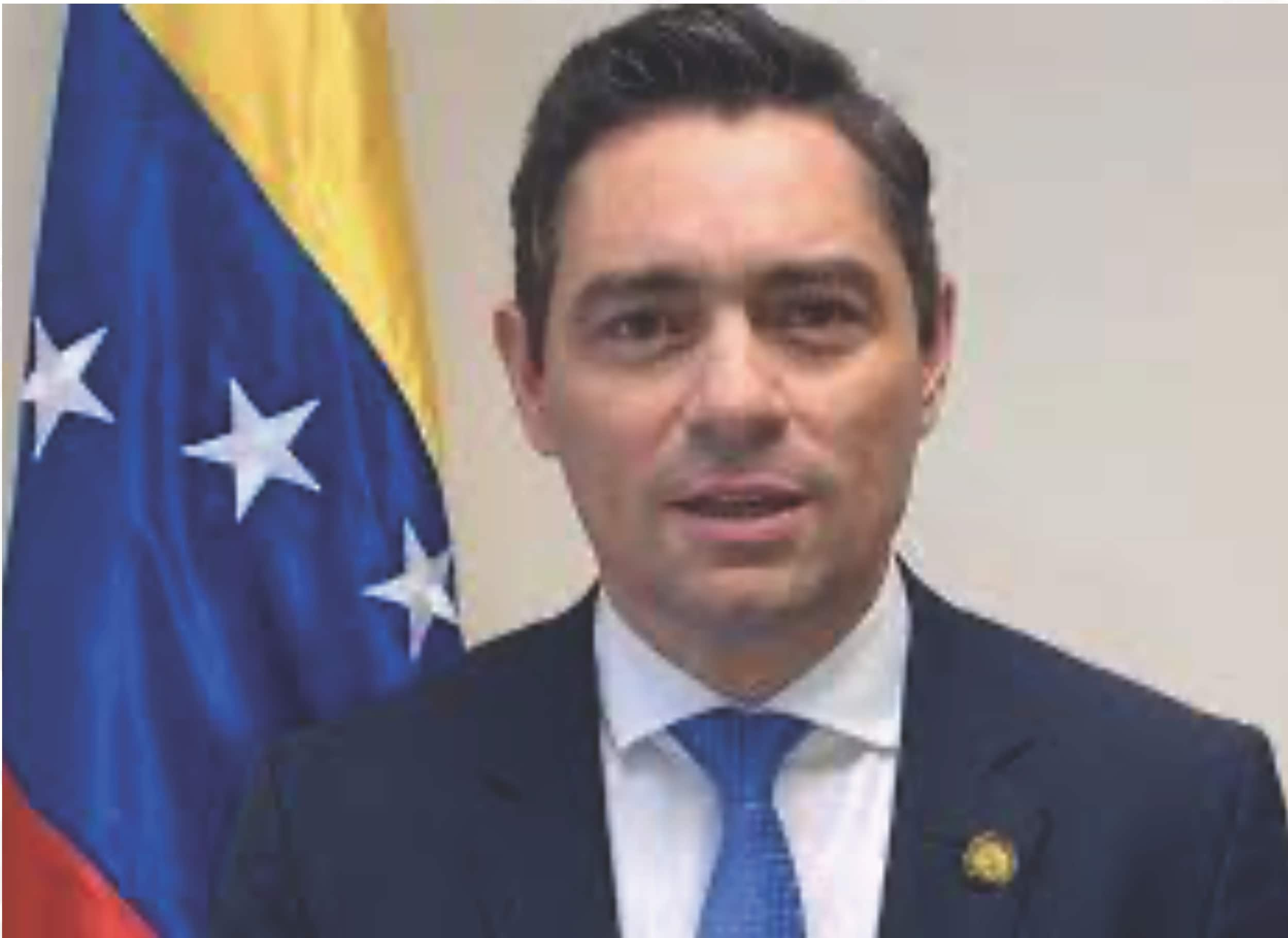Sessions With Hon. Carlos Alfredo Vecchio
Tuesday, 10 March
-
05:55pm - 06:30pm (CST) / -
Plenary - Waves of Change: Future of the Americas
Geopolitics/Policy/RegulatoryMost Latin American countries, under left and right governments, have experienced political or economic turmoil over the past months. These tensions often mirror international developments such as Brexit. In the energy sector, new technologies offer promise, but can also affect market clearing prices that affect, for example, the viability of power systems or upstream investments. What measures can be taken to address income inequality or the ambitions of an aspiring middle class? To meet the challenges of energy transition? To help Latin Americans feel secure about the future?
- Speakers:
- Carlos Pascual
- Luis Alberto Moreno
- Hon. Carlos Alfredo Vecchio
-
08:30am - 12:20pm (CST) / -
Lyceum Labs: Morning Sessions
-
- Speakers:
- Carlos Pascual
- Hon. Carlos Alfredo Vecchio
- Ha Nguyen
-

